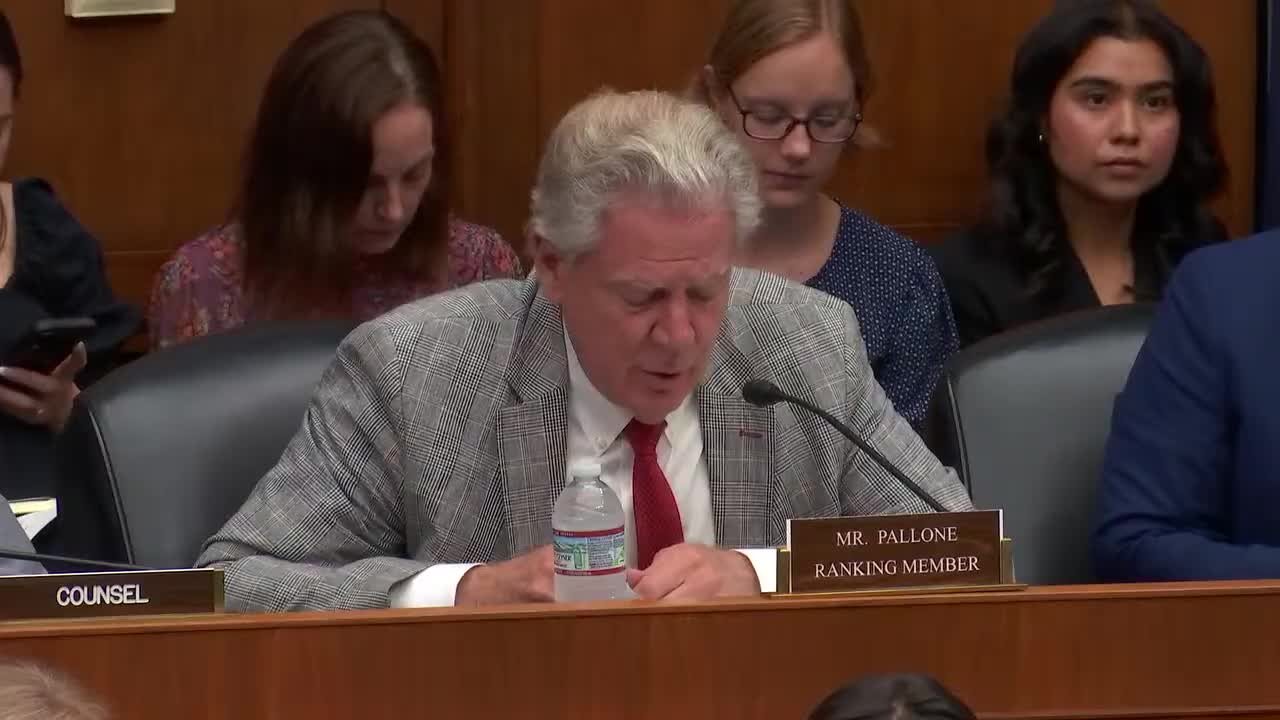
This article was created by AI using a video recording of the meeting. It summarizes the key points discussed, but for full details and context, please refer to the video of the full meeting. Link to Full Meeting
One of the most pressing issues raised was the potential for AI to compromise patient safety. A committee member warned that without proper governance, the expanded use of AI could lead to delayed medical care and denied insurance coverage, ultimately jeopardizing patients' access to necessary treatments. The member highlighted alarming instances where AI chatbots have negatively impacted mental health, particularly among vulnerable teens, underscoring the need for caution in deploying these technologies.
The meeting also spotlighted the Trump administration's recent decision to rescind an executive order aimed at strengthening AI governance in high-risk areas, raising further concerns about the lack of regulatory frameworks. The administration's plan to pilot AI programs in Medicare prior authorization processes was met with skepticism, as lawmakers called for robust safeguards to protect patient data privacy.
Witnesses at the hearing, including leaders from health tech companies, presented innovative AI applications aimed at improving patient care. For instance, TJ Parker, founder of General Medicine, shared how AI is being used to enhance price transparency and streamline patient experiences. Similarly, Andrew Toy, CEO of Clover Health, discussed how AI tools can empower physicians to deliver personalized care and improve health outcomes for seniors.
Despite the promising advancements, the overarching message was clear: while AI holds the potential to revolutionize health care, it must be implemented responsibly and with adequate oversight to mitigate risks. The committee's discussions set the stage for future legislative efforts aimed at balancing innovation with patient safety and privacy. As AI continues to evolve, the health care sector must navigate these challenges to ensure that technology serves as a tool for better health outcomes, not a source of harm.
Converted from Examining Opportunities to Advance American Health Care through the Use of AI Technologies meeting on September 04, 2025
Link to Full Meeting
Comments
View full meeting
This article is based on a recent meeting—watch the full video and explore the complete transcript for deeper insights into the discussion.
View full meeting